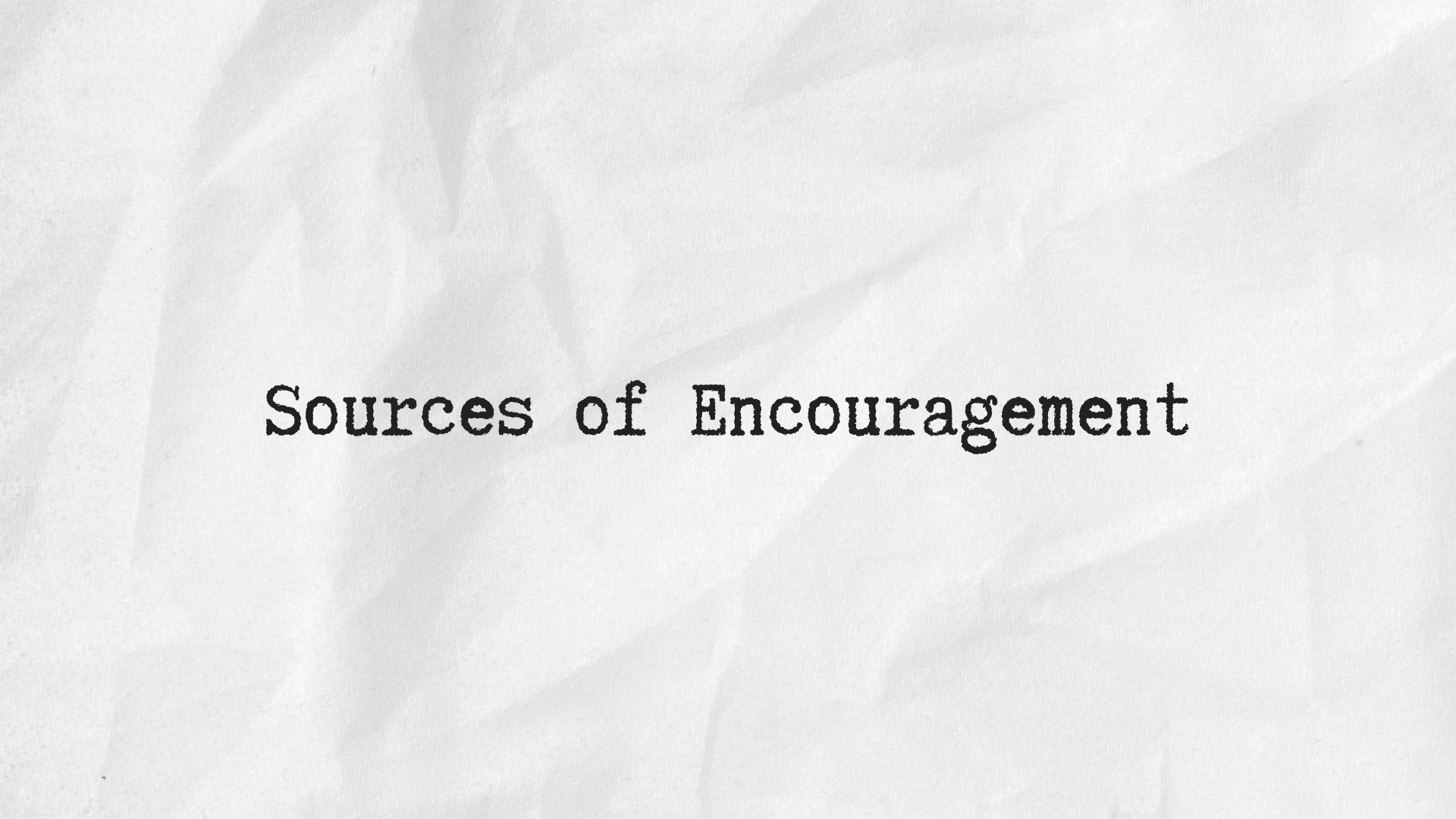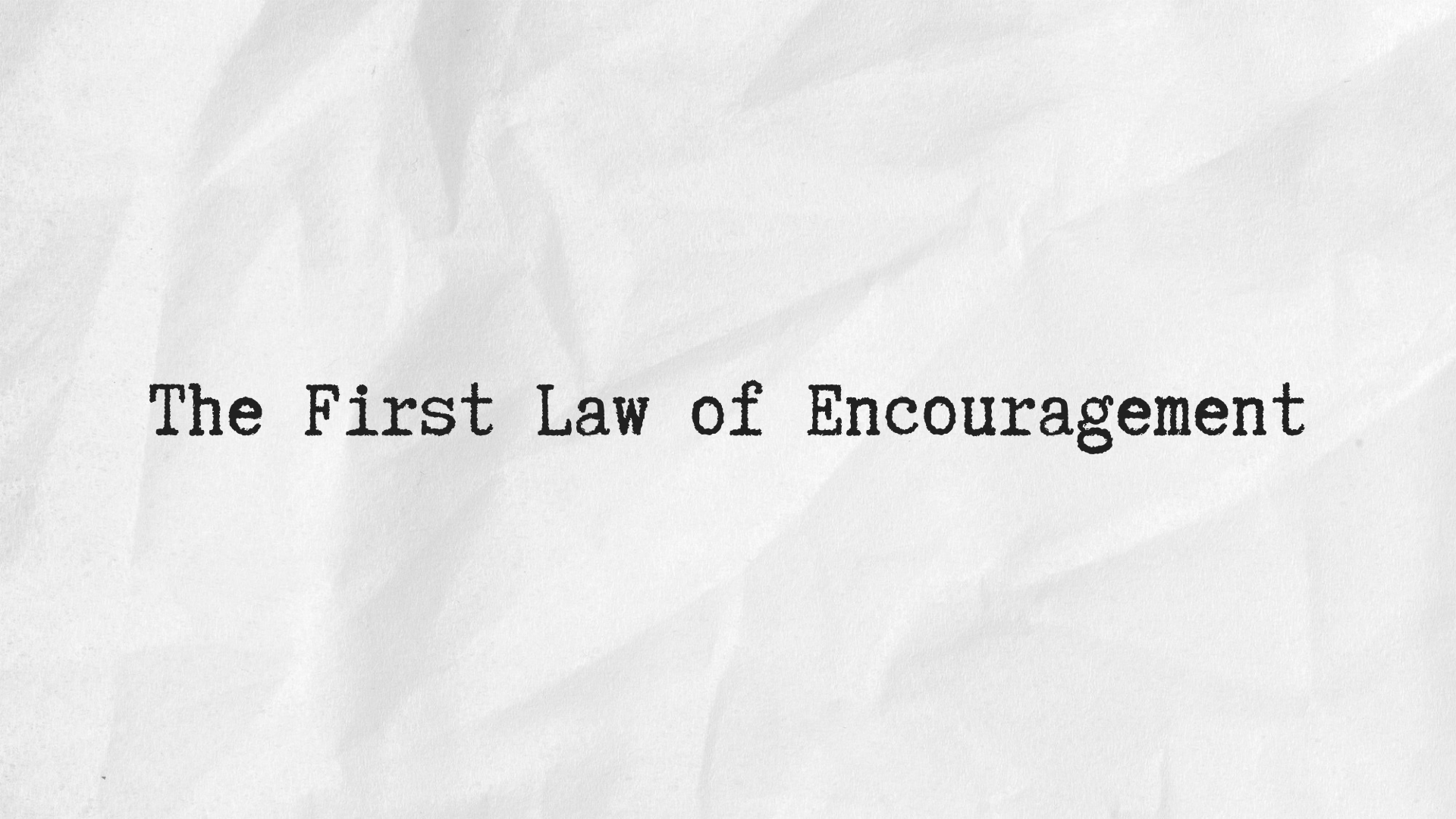Who Deceived Whom?
Who Deceived Whom?
Who Deceived Whom? – January 26th, 2021
An interesting study was done a number of years ago on the effects of caffeine.
The results of the study indicated that higher levels of caffeine were connected to an increased risk of breast cancer.
The twist on this study was that the study was fake. The study and its so-called results were all fabricated. This bogus study wasn’t created to deceive, but to learn. The real study was about persuasion and self-deception.
If a study is presented to people with a claim that breast cancer risks increase with increased caffeine consumption, how will men and women with varying caffeine consumption habits respond?
One would think women who drank copious amounts of caffeine would be most affected by the study – and they were – just not the way you might expect.
Women who regularly consumed large amounts of caffeine were the most opposed to and defensive regarding the study. In other words, the group of people least persuaded to change their caffeine consumption habits were the people most impacted by the study. Women who drank lots of caffeine tended to find the most fault with the study, criticize the study, and justify why this study doesn’t apply to them.
What this study tapped into is our tendency to lean towards self-deception.
In Christianity, we talk of the great Deceiver, the one we call Satan (Revelation 12:9). In Genesis 3, we note how the serpent deceived the first woman, convincing her along with the first man, to eat of the forbidden fruit thus thrusting all of creation into a downward spiral of sin and brokenness.
Look, I have no intention of cutting Satan any slack here. He is a thief who comes to steal, kill, and destroy (John 10:10). That’s his M.O. Always has been, always will be. He prowls around looking for someone to devour (1 Peter 5:8) and so yes, we definitely need to be aware of his reality and intentions.
However, I think we need to go back to Genesis 3 again and ask ourselves, “Who deceived whom, really?” After the woman listens to the rationale of the serpent (again, the serpent clearly bares blame here, too), listen to what Genesis 3:6 has to say:
“When the woman saw that the fruit of the tree was good for food and pleasing to the eye, and also desirable for gaining wisdom, she took some and ate it. She also gave some to her husband, who was with her, and he ate it.” (NIV)
The serpent may have planted the seeds of deception, but it was the man and woman who tended the soil, assuring its growth!
They saw the fruit to be good for food
They saw the fruit to be pleasing to the eye
They saw the fruit to be desirable for gaining wisdom
The man and woman did this – not the serpent.
They serpent simply said that if they touched it, they would not die – which was true! Death did not come through contact with the fruit, but through its consumption.
To blame the serpent alone for their failure is to miss the far more dangerous reality. The serpent’s deception could only take them so far. He could cast God and the fruit in new light, but he alone could not make them eat the fruit. As God’s image bearing creatures, they alone possessed that power. They weren’t just deceived by the serpent; they were self-deceived and as long as we fail to acknowledge this, we will continue to see our failures as the deceptions and wrongdoings of others, rather than ourselves.
Consider that when God enters the garden in search of the man and woman, the only person who accepts responsibility without objection is the serpent.
How crazy is that?
When God asks what happened, the man blames woman (and God as well), the woman blames the serpent and the serpent for all his cunning craftiness says nothing.
On the other side of the fall, the only party who doesn’t try to sidestep their responsibility in this forbidden undertaking is the serpent.
The point in this is not to make the serpent look good – not at all. The point in this is to help us see our propensity to deceive ourselves and to refuse to own up to the things that affect us most.
Paul powerfully expresses our human tendency towards self-deception in Romans 7. “The good I know I should do – I don’t do it. The evil I want to avoid at all costs – I end up doing it! Who will save me from this horrible cycle where I keep sabotaging my life?” (my really, really short paraphrase of Romans 7:15-20)
But the good news is, there is hope.
“Who will save me from this life of sin?” Paul wonders. His answer: “Thanks be to God through Jesus Christ our Lord!” ~ Romans 7:24-25 (ESV)
The thief may come to steal, kill, and destroy and through our own self-deception, we may at times make his job incredibly easy, but we also have a God in Jesus Christ who has come to give us life – life in overflowing abundance (John 10:10).
Paul’s answer then is still the answer we need today. Let’s own up to our sins, shortcomings, failures, excuses, and mistakes, so that we can truly take hold of the life, grace, and abundance of life God offers us in Jesus Christ alone.
Sunday Morning Service Times:
9:00 AM Traditional
10:30 AM Contemporary
About:
Here at Deer Lake, we want to be the church IN the Community, FOR the Community to the glory of God and for the sake of the world.








